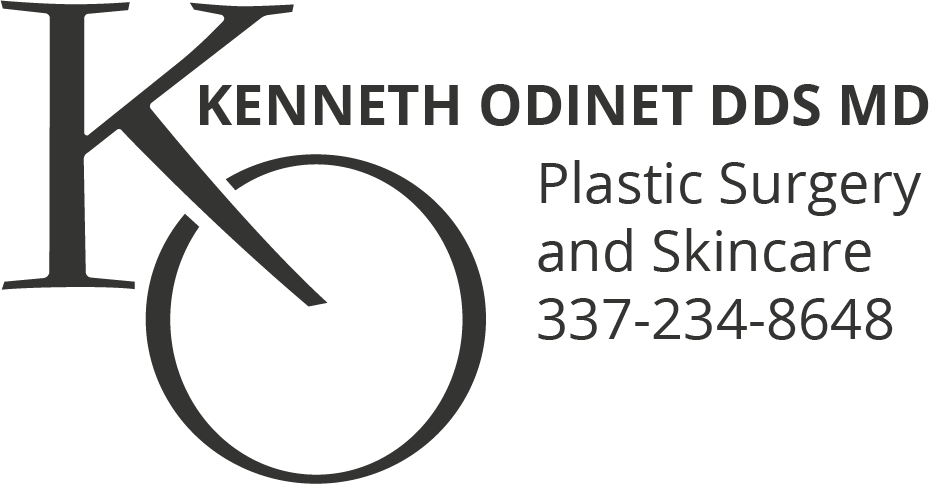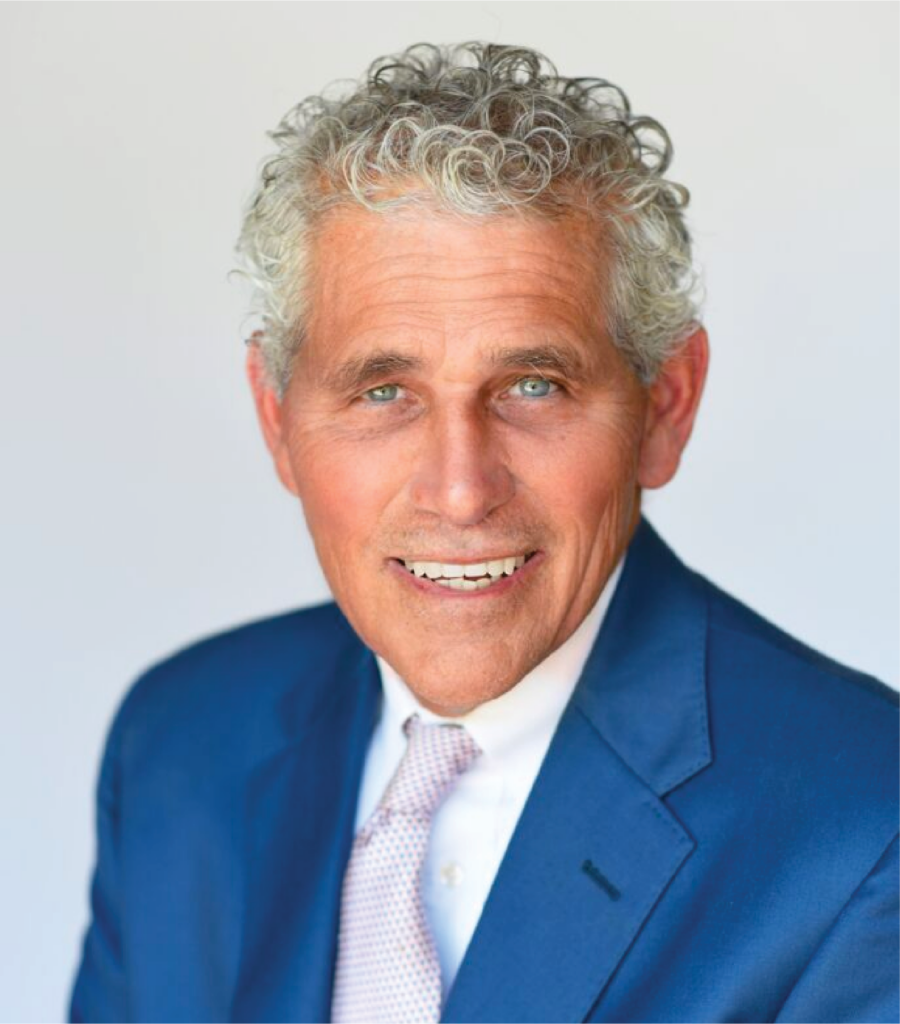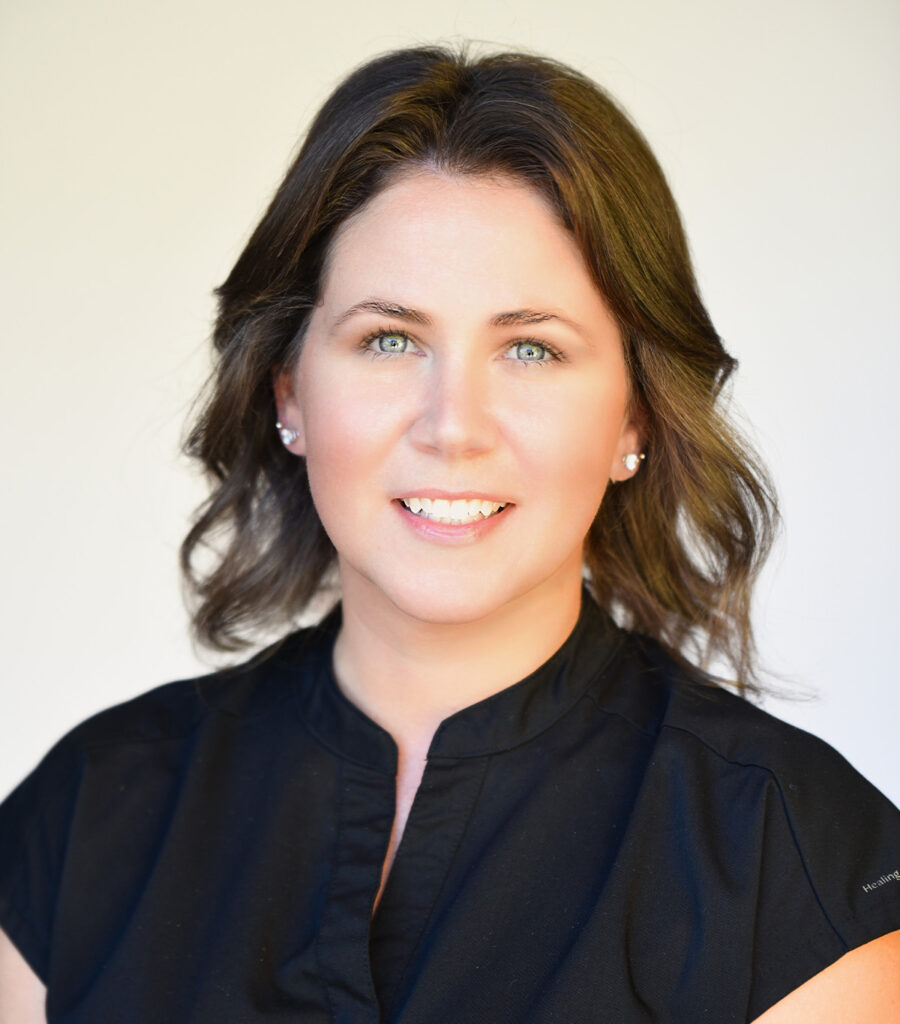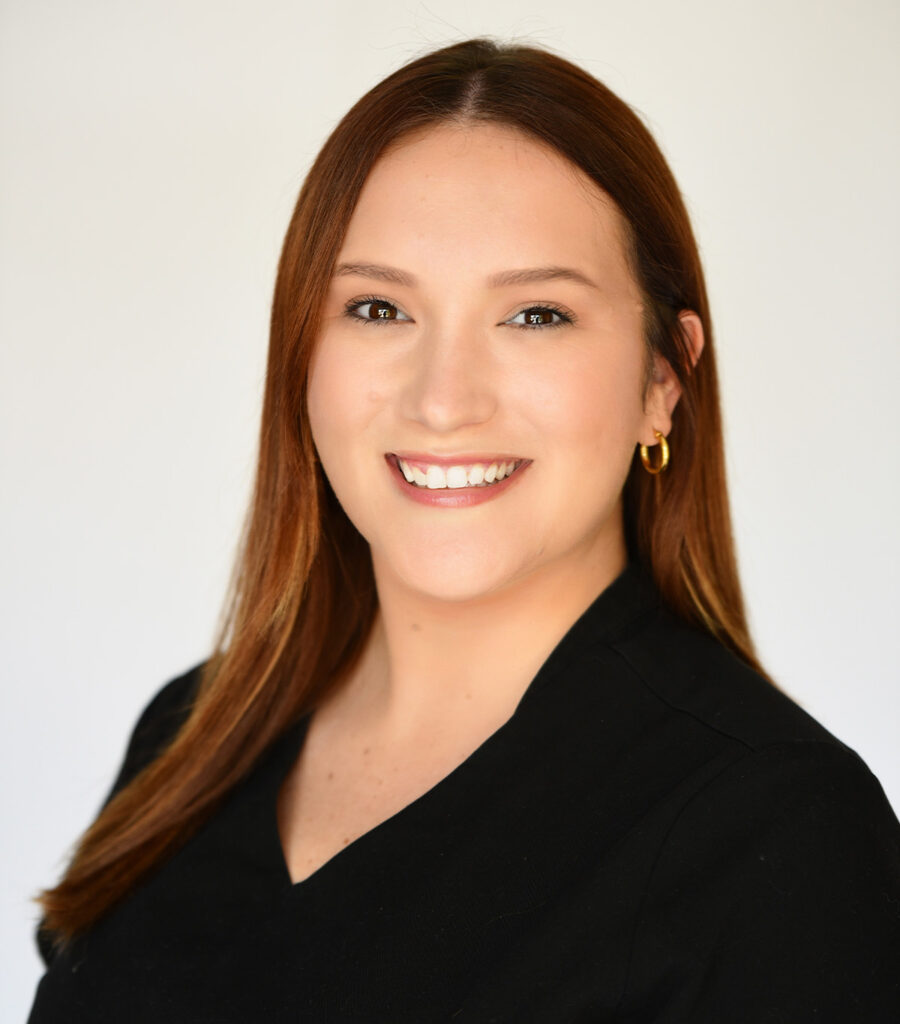
In a world where cosmetic procedures are more accessible than ever, the allure of “cheap plastic surgery” can be strong. With promises of dramatic transformations at deeply discounted prices, it’s easy to see why some patients are tempted. However, when it comes to altering your body or face, choosing a provider based solely on cost can lead to devastating consequences — physically, emotionally, and financially.
When the Price Seems Too Good to Be True
Plastic surgery is a medical specialty that demands years of rigorous training, board certification, surgical expertise, and an eye for artistry. Reputable plastic surgeons operate in accredited facilities, use high-quality surgical materials, and prioritize patient safety at every step. These standards come with certain costs that are reflected in the price of a procedure.
Cheap plastic surgery often cuts corners to offer lower prices. This can mean unlicensed providers, outdated or unsafe equipment, poor surgical techniques, or operating in facilities that do not meet strict health standards. The initial “savings” can quickly turn into a much higher price — with the risk of infections, visible scarring, asymmetry, implant failures, or even life-threatening complications.
Emotional and Financial Toll
The emotional impact of a botched cosmetic procedure can be profound. Many patients experience feelings of regret, depression, anxiety, and a loss of self-confidence. What was intended as a positive change can become a daily reminder of disappointment.
Corrective surgery — often referred to as revision surgery — is another cost rarely considered upfront. Revision procedures are often more complex, more expensive, and more difficult than primary surgeries. Insurance rarely covers complications from elective cosmetic surgery, leaving patients fully responsible for the additional expenses.
What Safe Surgery Really Looks Like
When selecting a plastic surgeon, patients should prioritize qualifications over cost. Board certification from the American Board of Plastic Surgery (ABPS) is a critical credential. Board-certified surgeons have completed years of specialized training and must uphold high ethical and safety standards. In addition, surgeries should be performed in accredited surgical centers or hospitals equipped to handle emergencies.
During a consultation, patients should feel comfortable asking about the surgeon’s experience, the safety of the facility, and the details of their procedure. A trustworthy surgeon will be transparent about all aspects of surgery, including risks, recovery, and total costs — not just offer an attractive headline price.
A Lifetime Investment in Yourself
Plastic surgery is not just a financial investment — it is an investment in your body, your health, and your self-esteem. Choosing an experienced, qualified plastic surgeon may cost more initially, but it protects you from far greater risks. When it comes to your health and happiness, quality should never be compromised.







